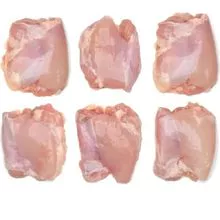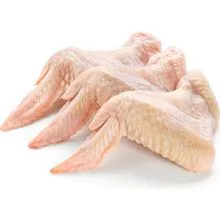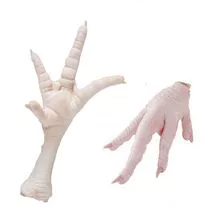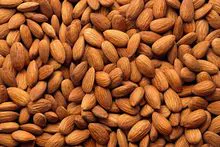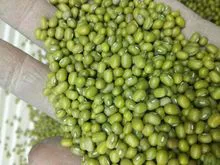Description
Metalworking fluids (MWFs) are crucial lubricants used in metalworking processes to enhance the efficiency, precision, and longevity of machinery and tools. These fluids provide essential lubrication, cooling, and cleaning, making them integral to various metalworking applications, including cutting, grinding, and machining.
Benefits of Metalworking Fluids:
Enhanced Tool Life: Reduces tool wear and extends the lifespan of cutting tools and machinery by providing effective lubrication and cooling.
Improved Surface Finish: Helps achieve a better surface finish on metal parts by minimizing friction and heat generation during processing.
Effective Cooling: Dissipates heat generated during metalworking processes, preventing overheating and reducing the risk of thermal damage.
Reduced Friction: Lowers friction between the tool and workpiece, improving cutting efficiency and reducing power consumption.
Corrosion Protection: Protects metal surfaces from corrosion and rust, preserving the quality and integrity of finished parts.
Types of Metalworking Fluids:
Cutting Fluids:
Applications: Used in turning, milling, drilling, and other cutting operations.
Benefits: Provides lubrication and cooling to reduce friction, heat, and tool wear.
Grinding Fluids:
Applications: Used in grinding and finishing operations to cool and lubricate grinding wheels and workpieces.
Benefits: Enhances grinding efficiency and surface finish while preventing wheel clogging.
Machining Fluids:
Applications: Used in various machining processes, including drilling, tapping, and boring.
Benefits: Provides lubrication, cooling, and cleaning to improve machining performance and surface quality.
Coolants:
Applications: Used to cool and lubricate during high-speed machining operations.
Benefits: Maintains optimal operating temperatures and prevents overheating.
Rust Preventatives:
Applications: Applied to metal surfaces to prevent rust and corrosion during storage and transportation.
Benefits: Offers long-term protection against environmental factors that cause rust and corrosion.
Soluble Oils:
Applications: Mixed with water to form an emulsion for use in cutting and machining operations.
Benefits: Provides effective cooling and lubrication while being cost-effective and versatile.
Straight Oils:
Applications: Used undiluted in cutting and machining operations where high lubrication is required.
Benefits: Offers superior lubrication properties and is suitable for heavy-duty applications.
Synthetic Fluids:
Applications: Used in metalworking operations where high-performance lubrication and cooling are required.
Benefits: Provides excellent lubrication, cooling, and cleanliness without the use of mineral oils.
Production Process:
Base Fluid Selection: Choosing appropriate base fluids such as mineral oils, esters, or synthetic compounds based on the desired properties and application.
Additive Blending: Incorporating additives such as anti-wear agents, rust inhibitors, and emulsifiers to enhance performance and functionality.
Quality Control: Conducting rigorous testing to ensure the fluid meets industry standards for performance, stability, and safety.
Packaging: Packaging in suitable containers to maintain product quality and facilitate ease of use.
Application Guidelines:
Type Selection: Choose the appropriate metalworking fluid based on the specific requirements of the metalworking process and material.
Application Method: Apply using methods such as drip, flood, or mist systems to ensure adequate coverage and performance.
Maintenance: Regularly monitor and maintain fluid levels, concentrations, and cleanliness to ensure optimal performance.
Safety Considerations:
Handling: Use personal protective equipment (PPE) such as gloves and goggles when handling metalworking fluids to avoid skin and eye contact.
Storage: Store fluids in a cool, dry place away from direct sunlight and incompatible materials.
Disposal: Follow local regulations for the disposal of used metalworking fluids to minimize environmental impact.
- Metalworking Fluids
- Metalworking Fluids in bulk
Production Capacity:
10000
Delivery Timeframe:
Within 30 Days
Incoterms:
CFR - Cost and Freight
CIF - Cost, Insurance and Freight
Packaging Details:
Not informed
More about
Page Global Consultants
10-50
Employees
2M - 10M
Sales volume (USD)
90%
% Export sales
Year
Established
Business type
- Industry / Manufacturer
- Importer / Trading Company
- Representative / Agent
- Distributor / Wholesaler
Keywords
- Nuts
- Grains
- Meat
- Animal Feed
- Grains
- Oil
- Soybeans
- Corn
- Feed
- Fertilizer Ver Mais
Contact and location
-
MABUNGU ********
-
+27 7********
-
GQEBERHA / EASTERN CAPE | South Africa














